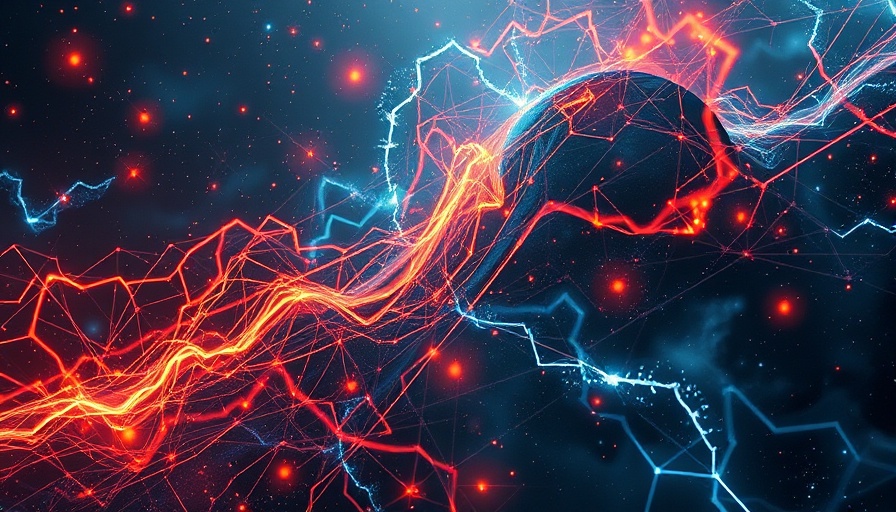
Empowering Workflows: The Significance of Integrating AI
The recent launch of Integrations by Anthropic marks a significant milestone in how we connect apps and tools to AI systems, especially Claude, Anthropic's sophisticated AI model. With these integrations, users can streamline their workflows, enhancing productivity by promoting seamless data transfers and interaction across platforms. This shift is particularly pertinent in today's fast-paced digital environment where efficiency and adaptability are crucial.
Historical Context: The Evolution of AI Integrations
AI has rapidly evolved over the past decade, transforming from complex algorithms into user-friendly applications that integrate into everyday tasks. Companies like Anthropic have spearheaded this innovation, recognizing that the future of AI lies not just in solitary intelligence, but in collaborative efficiencies. This trend is reflective of broader technological advancements, including the rise of APIs and software ecosystems that allow disparate systems to communicate effortlessly.
Understanding Claude: The Key to Enhanced Connectivity
Claude represents a concerted effort to make AI more accessible and adaptable to various needs. With its integration capability, Claude allows users to connect their work tools directly to the AI, creating a tailored, efficient user experience. Whether it's for project management, data analysis, or creative tasks, the versatility of Claude's integrations aligns with the growing demand for personalized and intelligent workflow solutions.
Sparking a Revolution in Workflows
As businesses strive for optimization, the integrations offered by Anthropic hold the potential to revolutionize how we interact with technology. Employees can now delegate routine tasks to AI, freeing cognitive resources for more complex decision-making and creative endeavors. In light of recent workplace trends focusing on mental well-being and productivity balance, these advancements come at an opportune moment.
Counterarguments: The Challenge of AI Dependence
However, the rise of integration technology comes with its own set of concerns. Critics argue that reliance on AI may lead to a skills gap, where employees become overly dependent on technology for basic problem-solving. The challenge lies in ensuring that while AI enhances productivity, it does not erode fundamental skills and critical thinking capabilities. This balance will be crucial in maintaining a workforce that is both efficient and capable.
Future Predictions: Where Will Integrations Lead?
Looking ahead, the potential applications for Integrations by Anthropic are vast. As AI technology continues to evolve, we can expect further enhancements in connectivity and user experience. For example, imagine a world where your AI could not only manage tasks but also predict needs based on workflow patterns and user behavior. As organizations embrace these technologies, a new frontier of collaboration between humans and AI is on the horizon.
Actionable Insights: Maximizing the Benefits of AI Integration
For those looking to leverage these new integrations, start by identifying your key pain points in current workflows. Understanding how Claude can integrate with your existing tools will be the first step toward maximizing efficiency. Don’t hesitate to explore the variety of options available; setting up integrations can often be a straightforward process that yields immediate benefits.
Conclusion: The Exciting Future Ahead
The launch of Integrations by Anthropic marks an exciting chapter in the AI landscape. By connecting Claude to our everyday tools, we open the door to unprecedented efficiency and creativity in our workflows. As we navigate this new terrain, balancing technological integration with human capability will be essential. Embracing this opportunity now means positioning ourselves at the forefront of a rapidly advancing digital era.
 Add Row
Add Row  Add
Add 




 Add Row
Add Row  Add
Add 

Write A Comment